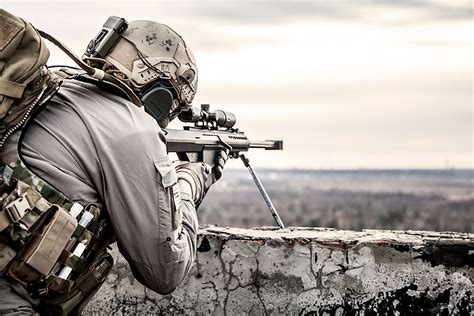Marine Forces Reserve Units

The Marine Forces Reserve, often referred to as the Marine Forces Reserve Command or MARFORRES, is an integral part of the United States Marine Corps, serving as a vital reserve component that provides trained and ready forces to support active-duty Marines in various missions and operations.
This blog post will delve into the world of Marine Forces Reserve Units, exploring their structure, mission, and the crucial role they play in maintaining the readiness and capabilities of the Marine Corps.
Understanding the Marine Forces Reserve

The Marine Forces Reserve is a unique organization within the Marine Corps, comprising reserve units that are activated and mobilized during times of need. These units are composed of dedicated individuals who, while not serving full-time, maintain their military skills and readiness to answer the call when their country requires their service.
Mission and Purpose

The primary mission of the Marine Forces Reserve is to provide a flexible and responsive force that can augment and reinforce the active-duty Marine Corps in times of conflict, crisis, or national emergencies. These reserve units are trained to operate seamlessly alongside their active-duty counterparts, ensuring a unified and powerful Marine Corps presence.
Additionally, the Marine Forces Reserve plays a crucial role in national defense by:
- Providing a strategic reserve force that can be rapidly deployed.
- Supporting active-duty Marines by filling critical billets and providing specialized skills.
- Maintaining a diverse range of capabilities, including infantry, artillery, aviation, and support units.
- Conducting training exercises and maintaining combat readiness.
Structure and Organization

The Marine Forces Reserve is organized into various units, each with its own specific role and mission. These units are spread across the United States and are designed to provide a balanced and comprehensive reserve force.
Reserve Marine Corps Units

The backbone of the Marine Forces Reserve is its Reserve Marine Corps Units, which include:
- Infantry Battalions: Trained for ground combat operations, these battalions are ready to deploy and engage in close-quarters combat.
- Artillery Battalions: Equipped with advanced artillery systems, these units provide fire support and precision strikes.
- Aviation Squadrons: Comprising helicopter and fixed-wing aircraft, these squadrons offer aerial support, transportation, and reconnaissance capabilities.
- Logistics and Support Units: These units ensure the smooth operation of the Marine Forces Reserve by providing essential services and maintaining equipment.
Marine Air Ground Task Forces (MAGTFs)
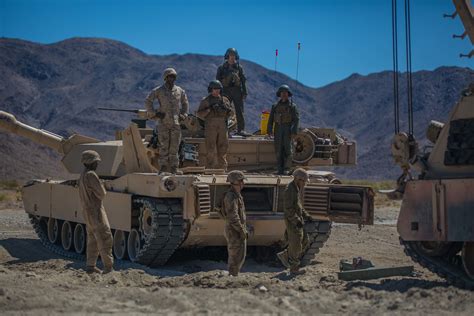
Marine Forces Reserve also forms Marine Air Ground Task Forces, which are self-contained units capable of conducting a wide range of missions. MAGTFs are highly flexible and can be tailored to specific operational requirements.
Specialized Units

In addition to the core units, the Marine Forces Reserve includes specialized units such as:
- Marine Special Operations Units: Trained for unconventional warfare and special missions.
- Chemical Biological Incident Response Force (CBIRF): Equipped to respond to chemical, biological, radiological, and nuclear threats.
- Civil Affairs Units: Engaging with local populations and supporting civil-military operations.
Training and Readiness

Maintaining a high level of training and readiness is a top priority for the Marine Forces Reserve. Reservists participate in regular training exercises, both individually and as units, to ensure they are prepared for any mission.
Individual Training

Reservists undergo rigorous individual training programs, including:
- Basic Military Training: For new recruits, covering the fundamentals of military life and skills.
- Advanced Individual Training: Specialized training based on their military occupational specialty (MOS).
- Regular Drills and Exercises: Reservists participate in weekend drills and annual training events to maintain their skills.
Unit Training

Marine Forces Reserve units conduct regular training exercises to enhance their interoperability and cohesion. These exercises simulate real-world scenarios, allowing units to refine their tactics and coordination.
Mobilization and Deployment

When the need arises, the Marine Forces Reserve can be rapidly mobilized and deployed to support active-duty Marines. This process involves careful planning and coordination to ensure a seamless transition.
Activation and Mobilization

During times of conflict or national emergencies, the Marine Forces Reserve can be activated and mobilized. This process involves:
- Recalling reservists to active duty.
- Assembling and organizing units for deployment.
- Providing necessary equipment and resources.
Deployment Scenarios
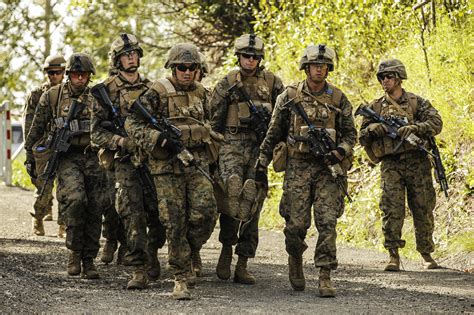
Marine Forces Reserve units can be deployed in various scenarios, including:
- Supporting combat operations: Deployed to augment active-duty Marines in combat zones.
- Humanitarian Assistance/Disaster Relief: Providing aid and support during natural disasters or humanitarian crises.
- Security Operations: Conducting security missions, such as protecting critical infrastructure.
- Special Operations: Participating in specialized missions alongside other elite forces.
The Impact of Marine Forces Reserve

The Marine Forces Reserve has a significant impact on the overall capabilities and readiness of the Marine Corps. Their contributions are invaluable and have proven crucial in numerous operations and missions.
Strengthening the Marine Corps
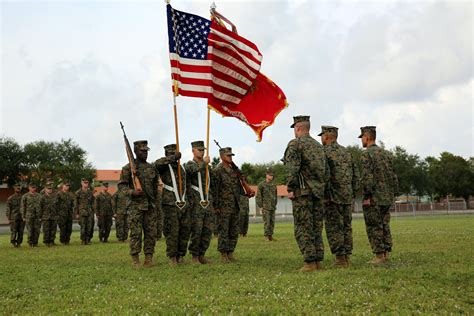
By providing a large pool of trained and skilled reservists, the Marine Forces Reserve enhances the overall strength and flexibility of the Marine Corps. They can rapidly augment active-duty forces, ensuring a robust and responsive military presence.
Operational Support
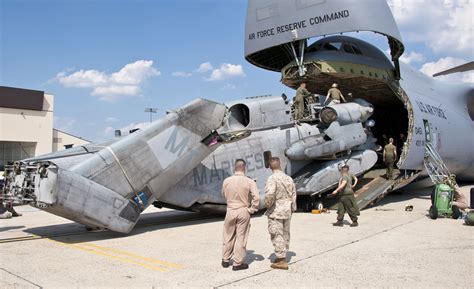
Marine Forces Reserve units have played a vital role in supporting active-duty Marines in various operations, including:
- Operation Enduring Freedom: Reservists were deployed to Afghanistan, providing critical support and combat capabilities.
- Operation Iraqi Freedom: Marine Forces Reserve units participated in combat operations and stability missions in Iraq.
- Humanitarian Assistance: Reservists have been deployed for disaster relief and humanitarian aid missions worldwide.
Specialized Skills
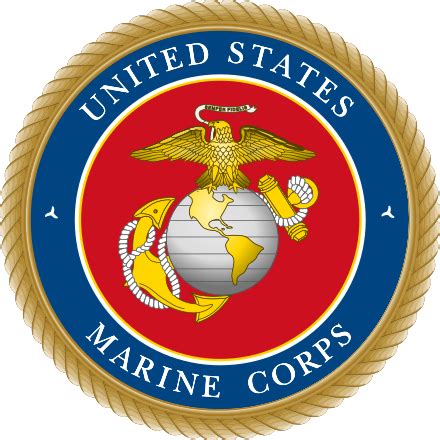
The Marine Forces Reserve includes reservists with a wide range of specialized skills and expertise. These individuals bring unique capabilities to the Marine Corps, such as:
- Medical professionals: Providing critical medical support and care.
- Engineers: Constructing and maintaining vital infrastructure.
- Legal and administrative specialists: Supporting legal and administrative operations.
- Intelligence analysts: Gathering and analyzing critical intelligence information.
The Reservist's Life
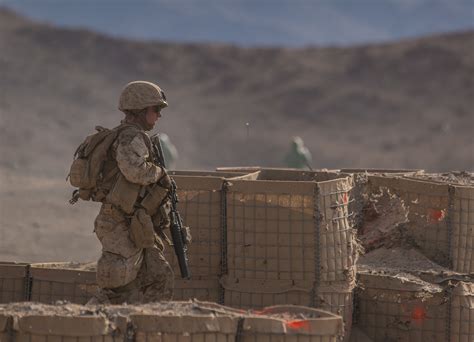
Serving in the Marine Forces Reserve offers individuals the opportunity to contribute to their country's defense while balancing their civilian lives. Reservists typically serve part-time, attending drills and training events while maintaining their civilian careers.
Drill Weekends and Annual Training
Reservists are required to participate in regular drill weekends, typically one weekend per month. These drills involve training exercises, unit maintenance, and preparing for potential deployments.
In addition, reservists attend annual training events, which can last for several weeks. These events provide more extensive training and allow units to refine their skills and interoperability.
Benefits of Being a Reservist
Serving in the Marine Forces Reserve offers numerous benefits, including:
- Military Skills and Training: Reservists gain valuable skills and experience that can be applied in their civilian lives.
- Financial Benefits: Reservists are eligible for various financial incentives, including drill pay and tax benefits.
- Education Benefits: The Marine Forces Reserve offers educational assistance programs to support reservists' academic pursuits.
- Health and Life Insurance: Reservists have access to comprehensive health and life insurance plans.
A Look into the Future

As the Marine Corps continues to evolve and adapt to changing global dynamics, the Marine Forces Reserve will play an increasingly vital role. With its flexible and responsive nature, the Marine Forces Reserve ensures that the Marine Corps remains ready to meet any challenge.
Future Initiatives
The Marine Forces Reserve is continuously improving its capabilities and readiness through various initiatives, including:
- Advanced Training Programs: Developing new training programs to enhance reservists' skills and preparedness.
- Technology Integration: Adopting cutting-edge technologies to improve communication, logistics, and combat effectiveness.
- Partnerships and Collaborations: Strengthening relationships with other military branches and international partners.
Community Engagement
The Marine Forces Reserve actively engages with local communities, participating in events and initiatives that promote patriotism and support for military personnel.
Final Thoughts
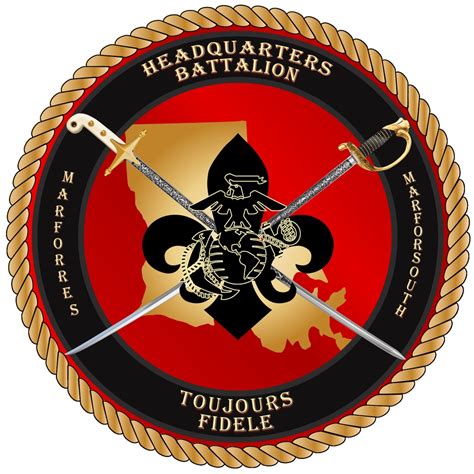
The Marine Forces Reserve Units are a vital component of the United States Marine Corps, providing a ready and capable reserve force that can be rapidly deployed when needed. Their dedication, training, and specialized skills make them an invaluable asset to the Marine Corps and the nation as a whole. As the Marine Forces Reserve continues to evolve, it remains a crucial element in maintaining the Marine Corps' strength and readiness for any challenge that may arise.
How many Marine Forces Reserve Units are there?
+The Marine Forces Reserve consists of various units, including infantry battalions, artillery battalions, aviation squadrons, and support units. The exact number of units can vary, but the Marine Forces Reserve is designed to provide a balanced and comprehensive reserve force across the United States.
Can Marine Forces Reserve members be deployed overseas?
+Yes, Marine Forces Reserve members can be deployed overseas to support active-duty Marines in combat operations, humanitarian assistance, and other missions. Deployment is based on operational needs and the specific skills and expertise of the reservists.
What is the role of Marine Forces Reserve in domestic emergencies?
+The Marine Forces Reserve plays a crucial role in supporting domestic emergencies and natural disasters. They can be deployed to provide aid, security, and support to affected communities, working alongside other military and civilian agencies.
How often do Marine Forces Reserve members train?
+Marine Forces Reserve members typically train during regular drill weekends, which occur once a month. Additionally, they participate in annual training events that can last for several weeks. These training opportunities ensure that reservists maintain their skills and readiness.
Are there any specialized units within the Marine Forces Reserve?
+Yes, the Marine Forces Reserve includes specialized units such as Marine Special Operations Units, Chemical Biological Incident Response Force (CBIRF), and Civil Affairs Units. These units provide unique capabilities and expertise to support various missions and operations.
